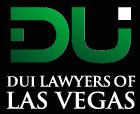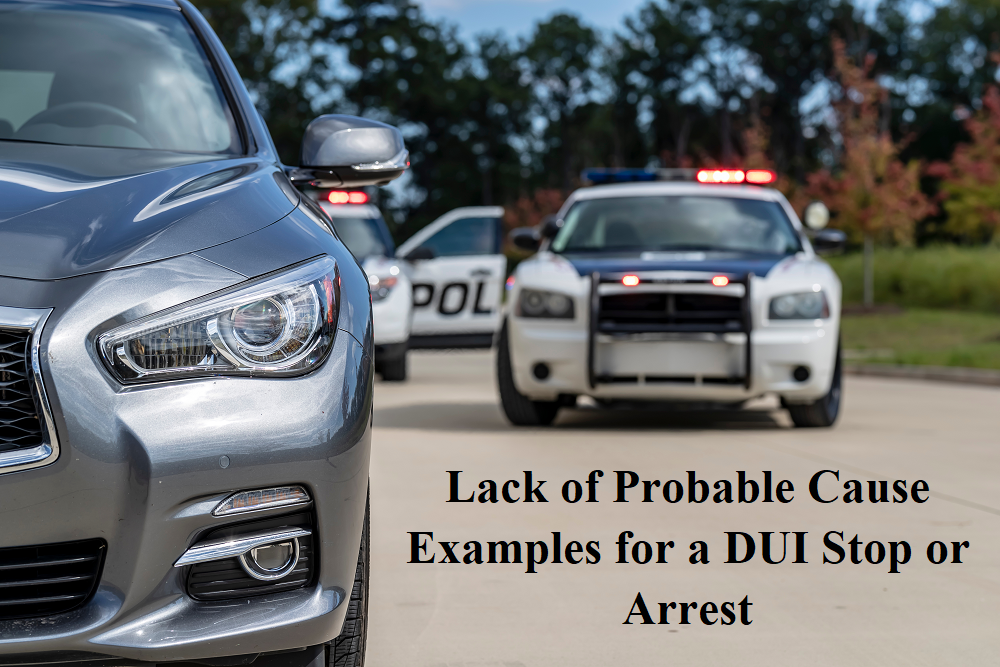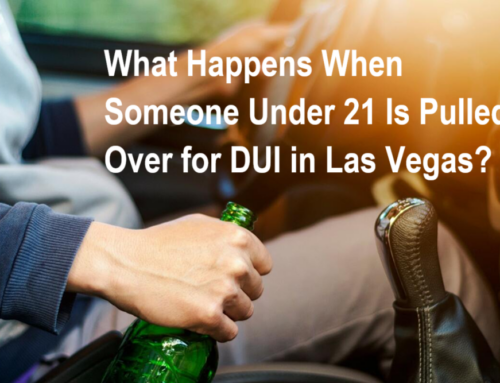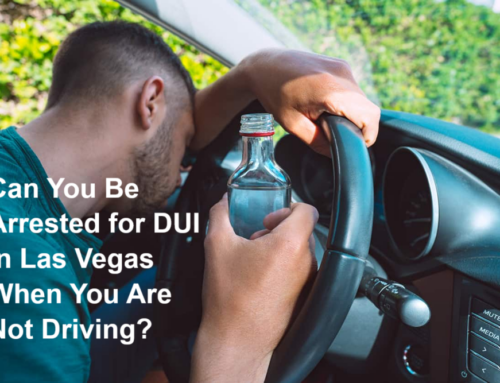Probable cause is required for a DUI arrest in Las Vegas, Nevada. When an individual is pulled over by an officer, the reason for being stopped that eventually leads to a DUI arrest is generally secondary, including weaving in and out of traffic, a car stopped where it shouldn’t be, or a fender bender having occurred. However, how the driver interacts with the officer after being stopped can lead to probable cause of DUI.
What is probable cause and how does that apply to DUI arrests in Las Vegas? Our Las Vegas DUI lawyers share examples of lack of probable cause for DUI arrests.
What Is Probable Cause for a DUI Stop?
The legal definition for probable cause is a reasonable basis for believing that a crime may have been committed. According to the Fourth Amendment, probable cause is required before a police officer can make an arrest or conduct a search.
If there is no reasonable suspicion for a DUI stop or lack of probable cause to arrest the driver for DUI, you may have a strong defense and potentially have your DUI case reduced or dismissed completely. Here are some scenarios to consider:
1. Police Were Not on the Scene
In this first example, the police are not present at the scene. There was a collision, and a witness reports a license plate number to the police saying that person was involved in the accident. The police go to the home of that driver several hours later and suspect that person is inebriated due to slurred speech and stumbling. The officer then arrests the driver for DUI.
If the driver did not give any statement or admission, there is no probable cause for the police officer to arrest that person for DUI under these circumstances. There should be more investigation and evidence connecting the driver to the accident before anything else can move forward.
2. Racial Profiling
Unfortunately, racial profiling is often the basis for a driver being pulled over. Although it is highly unlikely that a police officer would ever admit to a person’s race or other protected classification being the basis for a stop, it still happens, nonetheless.
For example, a person of color is driving in a predominantly Caucasian neighborhood and is pulled over. There is no obvious reason the driver is pulled over. However, the police officer said he observed the driver swerving and has reasonable suspicion of DUI.
In order for racial profiling to be a defense in a DUI case, an experienced DUI attorney would need to show a disparity or disproportionate ratio of people of color being arrested by that officer. Additionally, if there is an audio recording of communication between officers or dispatchers, there could be evidence of racial profiling there.
3. The Time of Driving
A driver is on the road after many of the local bars closed and is heading home when a police officer pulls the driver over. Because of the time, the officer suspects the driver is leaving a bar after having consumed alcoholic beverages. However, the driver did not commit any traffic violations.
In this example, it is not enough to observe a person driving late at night or early in the morning to suspect DUI. In fact, it’s not enough to see a person leaving a bar. There must be a traffic law violation, such as:
- Speeding
- Unsafe lane changes
- Failing to stop at a stop sign or red light
- Weaving in and out of lanes
- Other unsafe driving conditions
Without a violation as grounds to pull you over, the stop could be unlawful if late-night driving is the only reason you were stopped.
4. Refusing to Answer Questions
After being pulled over for suspicion of DUI, a driver is reluctant to answer the police officer’s questions about where they were and what they were doing. After the driver repeatedly refuses to respond, the officer arrests the driver for driving under the influence.
Although the driver may have been pulled over for reasonable suspicion of DUI, there must be probable cause for the DUI arrest, including:
- Blowing an illegal breath alcohol concentration (BAC) level on a breathalyzer test
- Failing field sobriety tests (FST)
- Alcohol or drugs were in the car
- The driver showed distinct signs of being intoxicated
In other words, simply refusing to answer questions is not enough to legitimize a DUI arrest. However, remember the implied consent law in Nevada applies to any driver on a public road or highway. This means you have already given implied consent to an evidentiary test just by driving. Refusing such tests can have severe consequences.
5. Smell of Alcohol
A driver is pulled over for a broken taillight when the officer smells alcohol on the driver’s breath. Rather than conducting a proper DUI investigation through questioning, administering a breathalyzer test or FSTs, the officer arrests the driver for DUI.
This is another example of failure to follow the correct procedure for a DUI investigation. After a stop and reasonable suspicion of DUI, the officer must have probable cause before arresting the driver. Simply smelling alcohol is not probable cause. However, the odor of alcohol may be enough to give the police lawful grounds to investigate further.
Lack of Probable Cause as a DUI Defense
When there is a lack of probable cause or reasonable suspicion, a DUI lawyer can file a motion to suppress evidence collected during your stop, DUI investigation, or DUI arrest. If the judge agrees to suppress evidence, the DUI charges could potentially be reduced or dismissed. However, it takes a skilled DUI attorney who understands the law to successfully suppress evidence in a Las Vegas DUI case.
If you were arrested for DUI without probable cause, contact our Las Vegas DUI attorneys now for a free consultation on your case. We can discuss your options and whether a lack of probable cause could be a strong defense in your situation.



